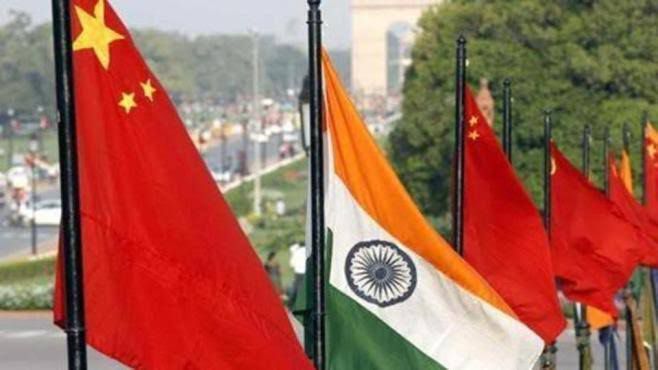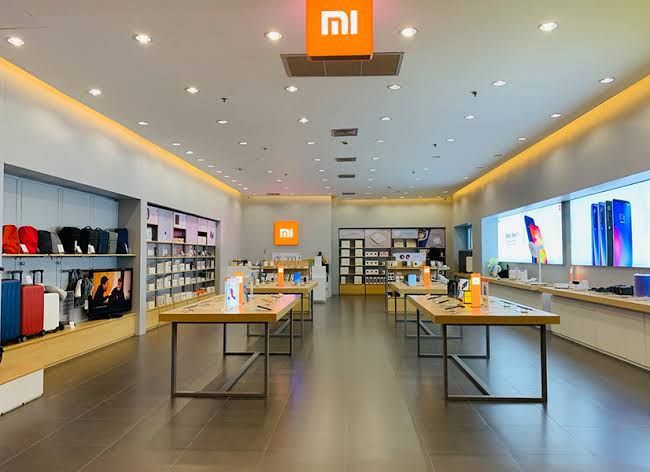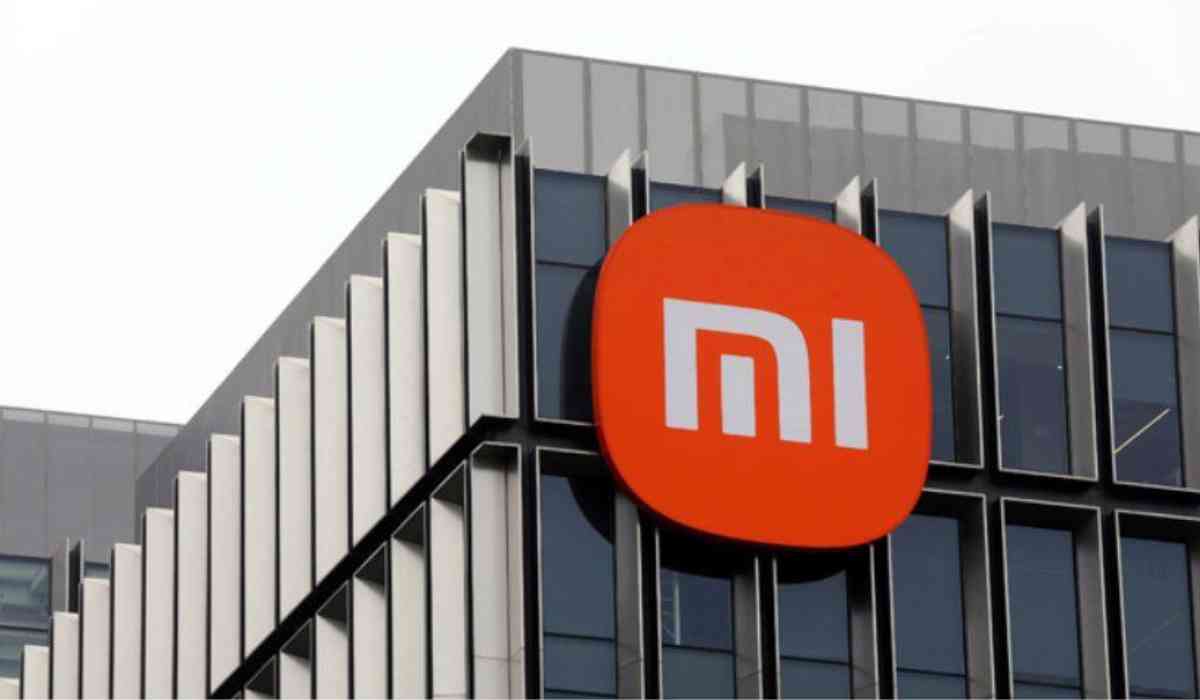Xiaomi, the leading Chinese smartphone manufacturer, reveals the challenges faced by smartphone component suppliers regarding setting up operations in India amidst heightened scrutiny of Chinese companies by Indian authorities in a letter.
Dated February 6th, the letter, in response to an inquiry from India’s information technology ministry regarding how the nation can further develop the country's component manufacturing sector, advocates for incentives and tariff reductions on specific smartphone components to facilitate local manufacturing.
With an 18 per cent market share, Xiaomi is a significant player in India’s smartphone market. Xiaomi currently assembles smartphones in India using a combination of local and imported components, mostly sourced from China.
India’s scrutiny of chinese companies
After a border clash in 2020 that left at least 20 Indian soldiers and four Chinese soldiers dead, India increased its scrutiny of Chinese companies. This disrupted investment plans for big Chinese companies and drew repeated protests from Beijing.
India has banned over 300 Chinese apps, including TikTok by ByteDance, and suspended planned projects from Chinese automakers such as BYD and Great Wall Motor.
According to the source, executives from Chinese electronics firms often encounter difficulties obtaining visas to enter India, while their companies face delays in investment clearances due to intense scrutiny from New Delhi.

Last year, Indian authorities accused Chinese smartphone company Vivo Communication Technology of violating certain visa regulations and alleged that it had transferred $13 billion from India.
Additionally, India froze over $600 million in Xiaomi assets on suspicion of illegal remittances to foreign entities, disguised as royalty payments.
Xiaomi in the letter said
The concerns cited in the letter include compliance issues, visa complications, and other unspecified factors. It said "the government should address these concerns and work to instil confidence among foreign component suppliers, encouraging them to set up manufacturing facilities in India."
Muralikrishnan B., President of Xiaomi India, emphasised the necessity for confidence-building measures to attract component suppliers to establish local operations.
Muralikrishnan expressed concerns among component suppliers about initiating operations in India due to the difficulties faced by companies, especially those of Chinese origin, without specifically mentioning any company names.
In the letter, Xiaomi's Muralikrishnan advocated for additional reductions in India's import tariffs, following New Delhi's recent decision on January 31 to decrease import duties on battery covers and phone camera lenses.

Xiaomi advocates for a reduction in import tariffs on sub-components such as batteries, USB cables, and phone covers to enhance India’s manufacturing competitiveness.
Reducing the import tariffs could "increase India's manufacturing competitiveness ... in terms of costs", Xiaomi said in the letter, but getting component manufacturers to set up shop in India would require bigger incentives.
In January, India's top industrial policy bureaucrat Rajesh Kumar Singh signalled that India could ease its heightened scrutiny of Chinese investments if the two countries' border remains peaceful.
©️ Copyright 2024. All Rights Reserved Powered by Vygr Media.





















